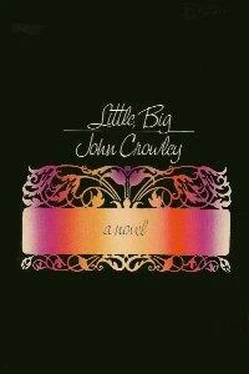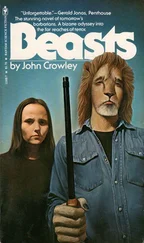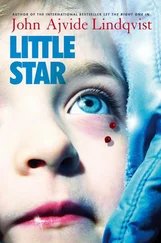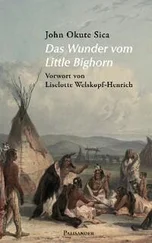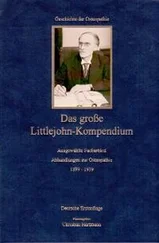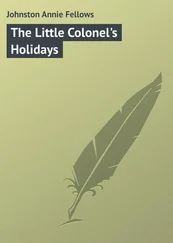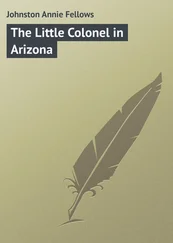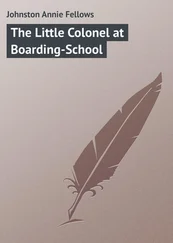Just then where the Old Stone Fence divides the Green Meadow from the Old Pasture which goes down rocky and leaping with insects to the margin of the Lily Pond, Doctor Drinkwater in a wide-awake hat stopped, panting from his climb; slowly the roar of his own blood diminished in his ears and he could begin to listen to the scene in progress of his only drama, the interminable conversations of birds, cicada’s semitune, the rustle and thump of a thousand creatures’ entrances and exits. The land was touched by the hand of man, though that hand was in these days mostly withdrawn; way down beyond the Lily Pond he could see the dreaming roof of Brown’s barn, and knew this to be an abandoned pasture of his enterprise, and this wall his ancient marker. The scene was variegated by man’s enterprise, and room made for many houses large and small, this capacious wall, that sunny pasture, that pond. It all seemed to the Doctor just what was truly meant by the word “ecology,” which he saw now and then misused in the dense columns that bordered his chronicles of this place in the City paper; and as he sat on a warm lichened stone utterly attentive, a Little Breeze brought him news that by evening a mountain of cloud would break in pieces here.
Just then in Sophie’s room on the wide featherbed where for many years John Drinkwater lay with Violet Bramble, their two great-grandchildren lay. The long pale dress that next day Daily Alice would put on, and then presumably not again ever completely put off, was hung carefully from the top of the closet door, and made in the closet door mirror another like it, which it pressed back to back; and below it and around it were all things proper to it. Sophie and her sister lay naked in the afternoon heat; Sophie brushed her hand across her sister’s sweat-damp flank, and Daily Alice said “Ah, it’s too hot,” and felt hotter still her sister’s tears on her shoulder. She said: “Someday soon it’ll be you, you’ll choose or maybe be chosen, and you’ll be another June bride,” and Sophie said, “I’ll never, never,” and more that Alice couldn’t hear because Sophie buried her face against her sister’s neck and murmured like the afternoon; what Sophie said was, “He’ll never understand or see, they’ll never give him what they gave us, he’ll step in the wrong places and look when he should look away, never see doors or know turnings; wait and see, you just wait and see”; which just then Great-aunt Cloud was pondering, what they would see if they waited, and what their mother also felt though not with the same plain curiosity but a sort of maneuvering within of the armies of Possibility; and what Smoky too, left alone for what he imagined was the general Sunday siesta, day of rest, in the black and dusty library with the whole plan before him, just then trembled with, sleepless and erect as a flame.
There was an old woman
Who lived under the hill
And if she’s not gone
She lives there still.
It was during a glad summer toward the end of the last century that John Drinkwater, while on a walking tour of England ostensibly to look at houses, came one twilight to the gates of a red-brick vicarage in Cheshire. He had lost his way, and his guidebook, which he had foolishly knocked into the millrace by which he had eaten his lunch hours before; he was hungry, and however safe and sweet the English countryside he couldn’t help feeling uneasy.
In the vicarage garden, an unkempt and riotous garden, moths glimmered amid a dense cascade of rosebushes, and birds flitted and rustled in a gnarled and domineering apple tree. In the tree’s crook someone sat and, as he looked, lit a candle. A candle? It was a young girl in white, and she cupped the candle with her hands; it glowed and faded and then glowed again. She spoke, not to him: “What’s the matter?” The candleglow was extinguished, and he said, “I beg your pardon.” She began to climb quickly and expertly down from the tree, and he stood away from the gate so as not to look importunate and prying when she came to speak to him. But she didn’t come. From somewhere or everywhere a nightingale began, ceased, began again.
He had come not long before to a crossroads (not a literal crossroads, though many of those too in his month’s walk where he had to choose to go down by the water or over the hill, and found it not much use as practice for the crossroads in his life). He had spent a hateful year designing an enormous Skyscraper that was to look, as exactly as its hugeness and use allowed, like a thirteenth-century cathedral. When he had first submitted sketches to his client it had been in the nature of a joke, a fancy, a red herring even, meant to be dismissed, but the client hadn’t understood that; he wanted his Skyscraper to be just this, just what it eventually would become, a Cathedral of Commerce, and nothing John Drinkwater could think of, brass letterbox like a baptismal font, grotesque basreliefs in Cluniac style of dwarves using telephones or reading stone ticker tape, gargoyles projecting from the building at such a height that no one could ever see them and wearing (though even that the man had refused to recognize) his client’s own headlamp eyes and porous nose—nothing was too much for him and now it would all have to be executed just as he had conceived it.
While this project dragged on, a change attempted to come over him. Attempted, because he resisted it; it seemed a thing apart from him, a thing he could almost hut not quite name. He first noticed it as an insinuation into his crowded yet orderly day of peculiar daydreams: abstract words merely, that would suddenly he spoken within him as though by a voice. Multiplicity was one. Another on another day (as he sat looking out the tall windows of the University Club at the sooty rain) was combinatory . Once uttered, the notion had a way of taking over his whole mind, extending into the work-place there and into the countinghouse, until he was left paralyzed and unable to take the next long-prepared and wellthought-out step in the career everyone described as “meteoric.”
He felt he was lapsing into a long dream, or perhaps awaking from one. Either way, he didn’t want it to happen. As a specific against it (he thought) he began to take an interest in theology. He read Swedenborg and Augustine; he was soothed most by Aquinas, could sense the Angelic Doctor building stone by stone the great cathedral of his Summa . He learned then that at the end of his life Aquinas regarded all that he had written as “a heap of straw.”
A heap of straw. Drinkwater sat at his broad board in the long skylit offices of Mouse, Drinkwater, Stone and stared at the sepia photographs of the towers and parks and villas he had built, and thought: a heap of straw. Like the first and most ephemeral house the Three Pigs in the story built. There must be a stronger place, a place where he could hide from whatever this wolf was that pursued him. He was thirty-nine years old.
His partner Mouse found that after he had been some months at his drawing board he had gotten no further with firm plans for the Cathedral of Commerce, had been sitting instead hour after hour doodling tiny houses with strange insides; and he was sent abroad for a while, to rest.
Strange insides… By the path that led up from the gate to the fanlighted door of the vicarage he could see a machine or garden ornament, a white globe on a pedestal surrounded by rusted iron hoops. Some of the hoops had sprung and lay fallen on the path, obscured in weeds. He pushed the gate and it opened, making a brief song on its hinges. Within the house a light was moving, and as he came up the weedy path he was hailed from the door.
Читать дальше
